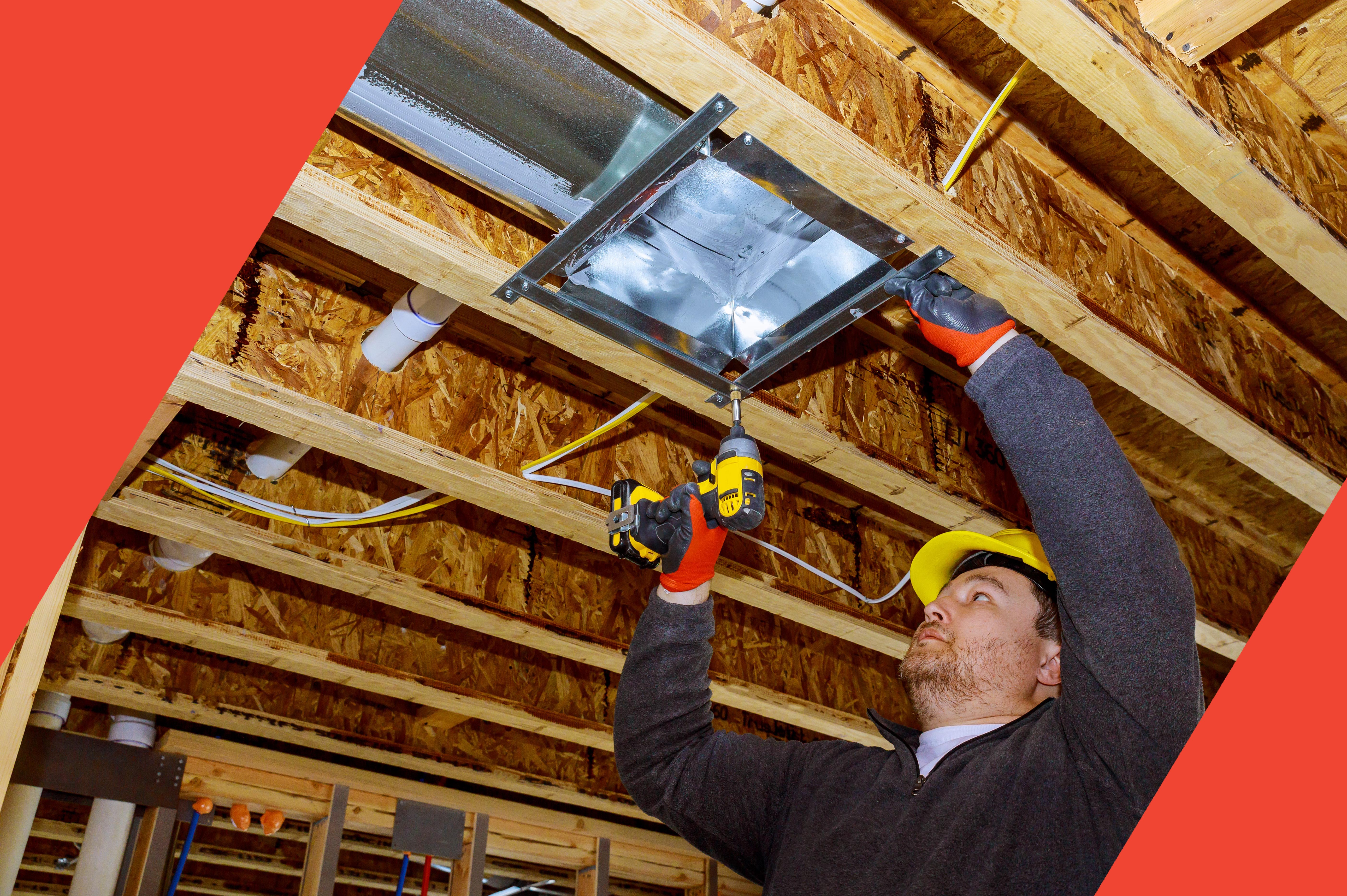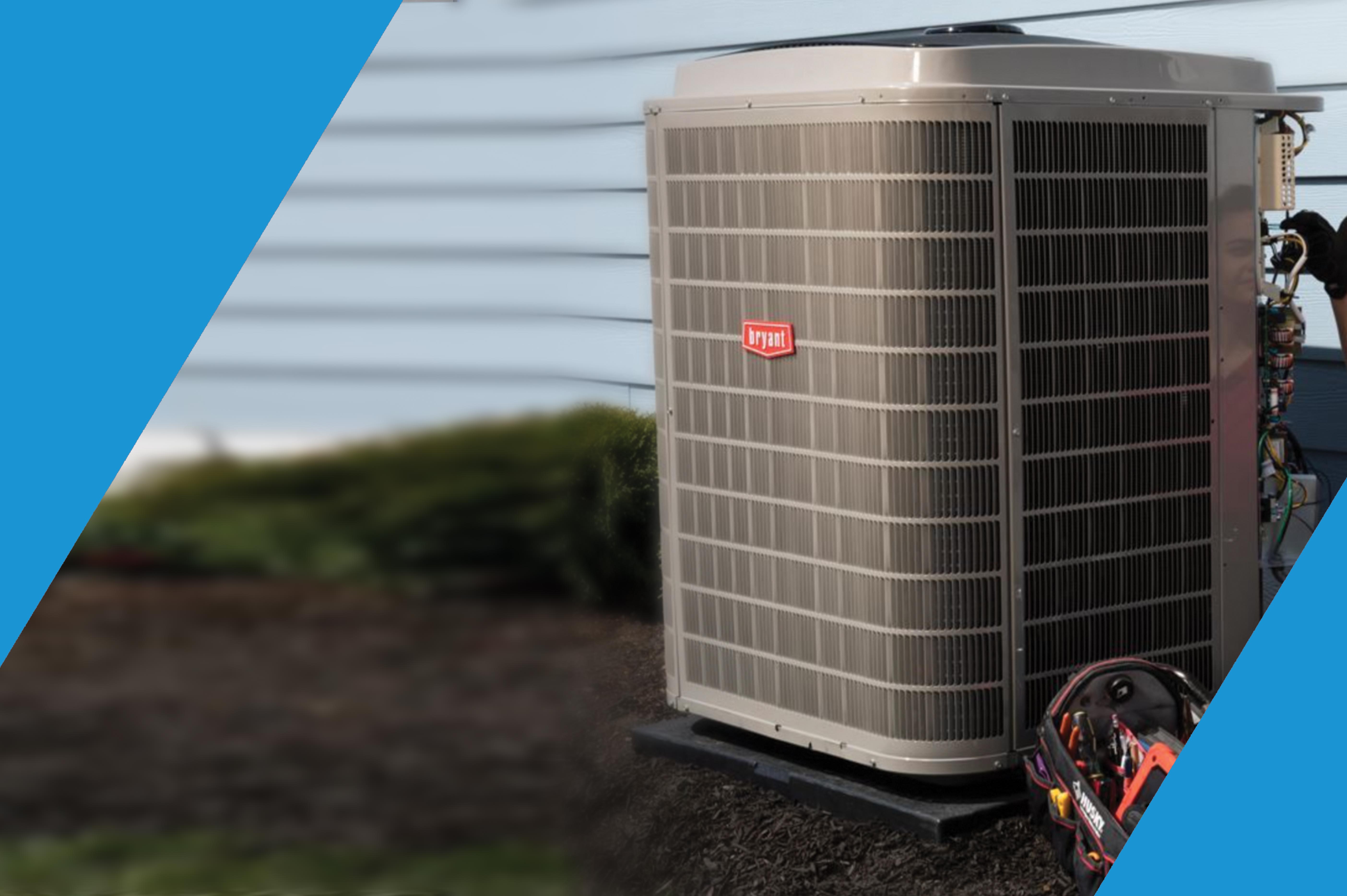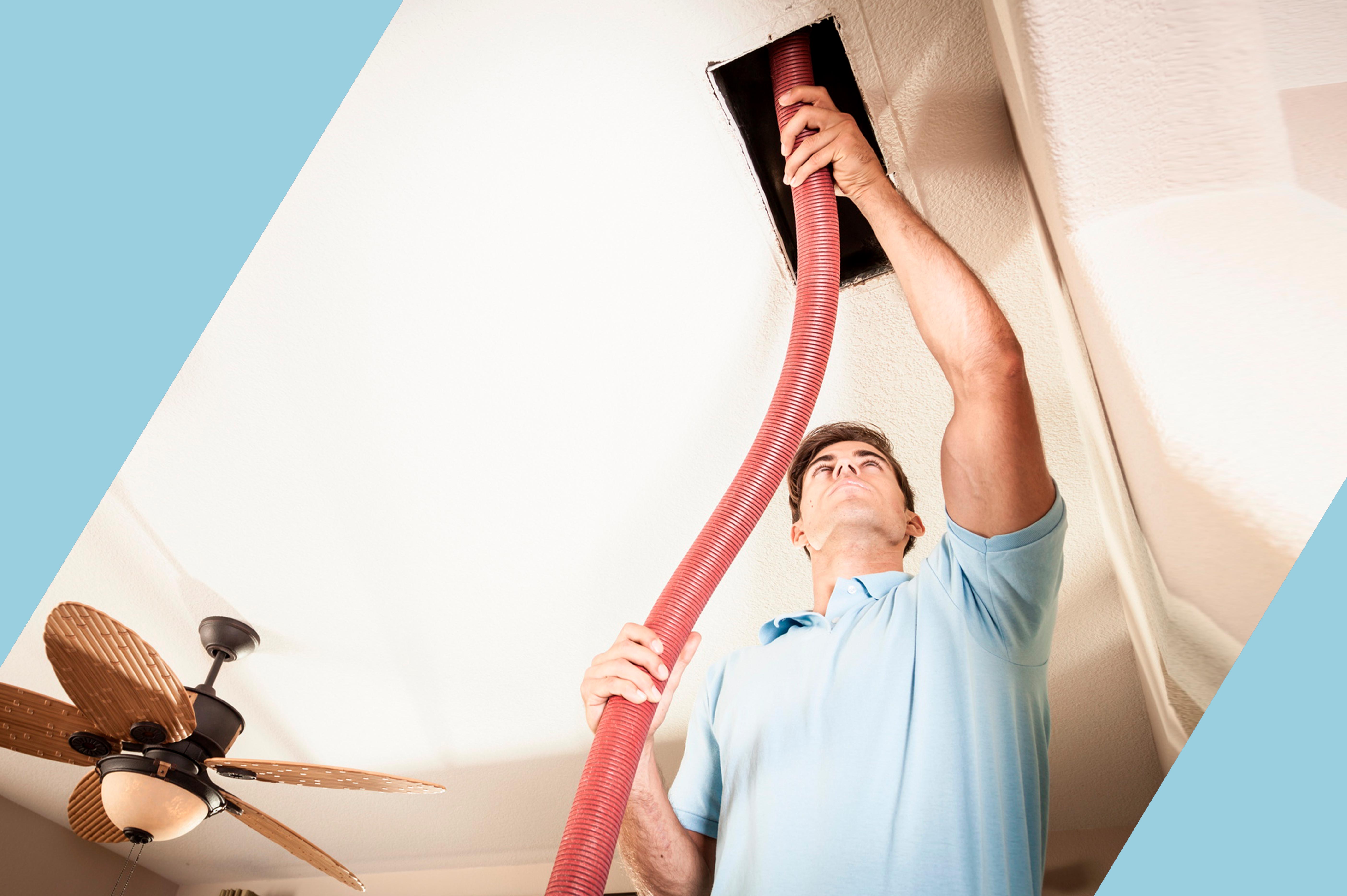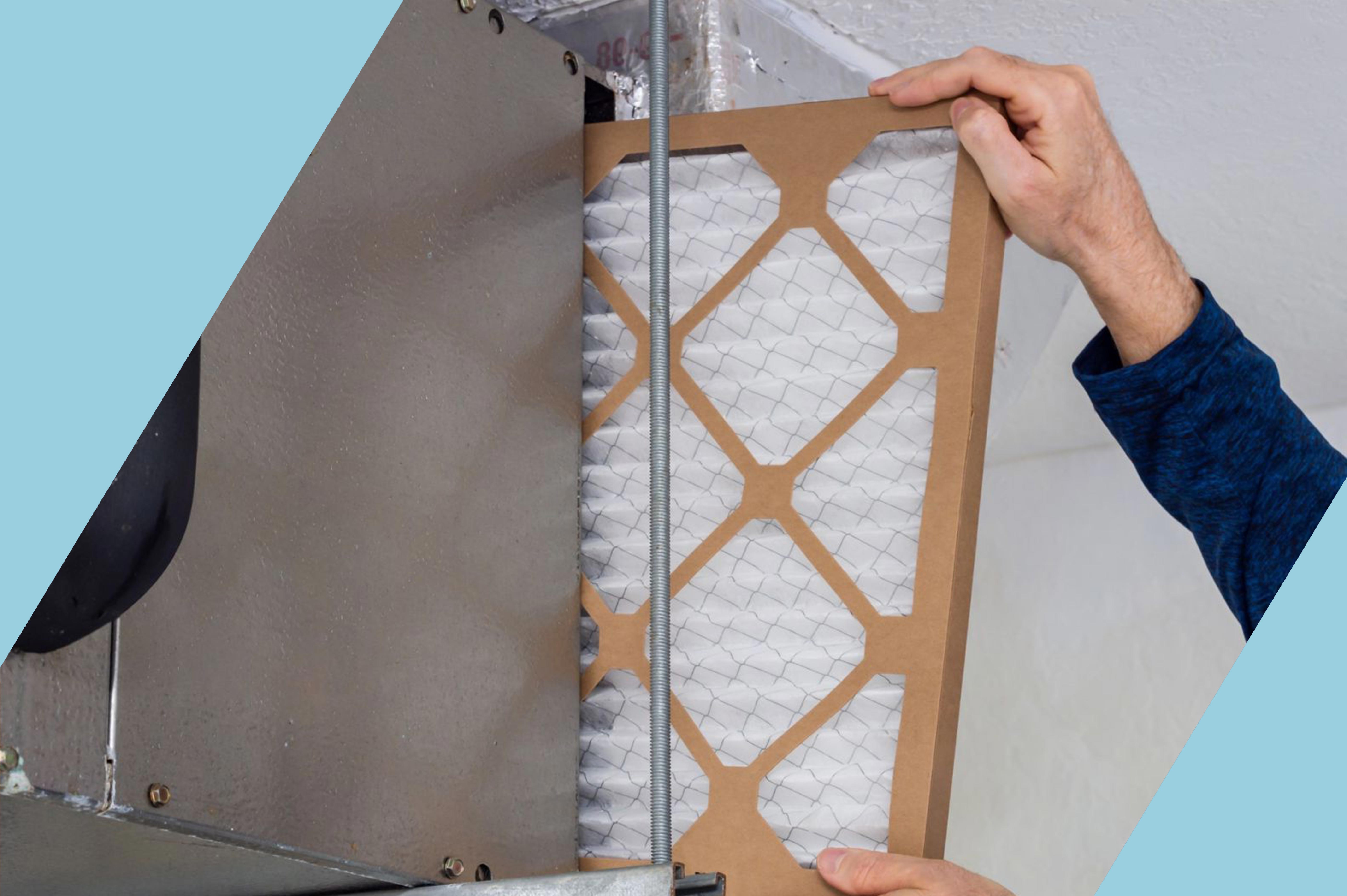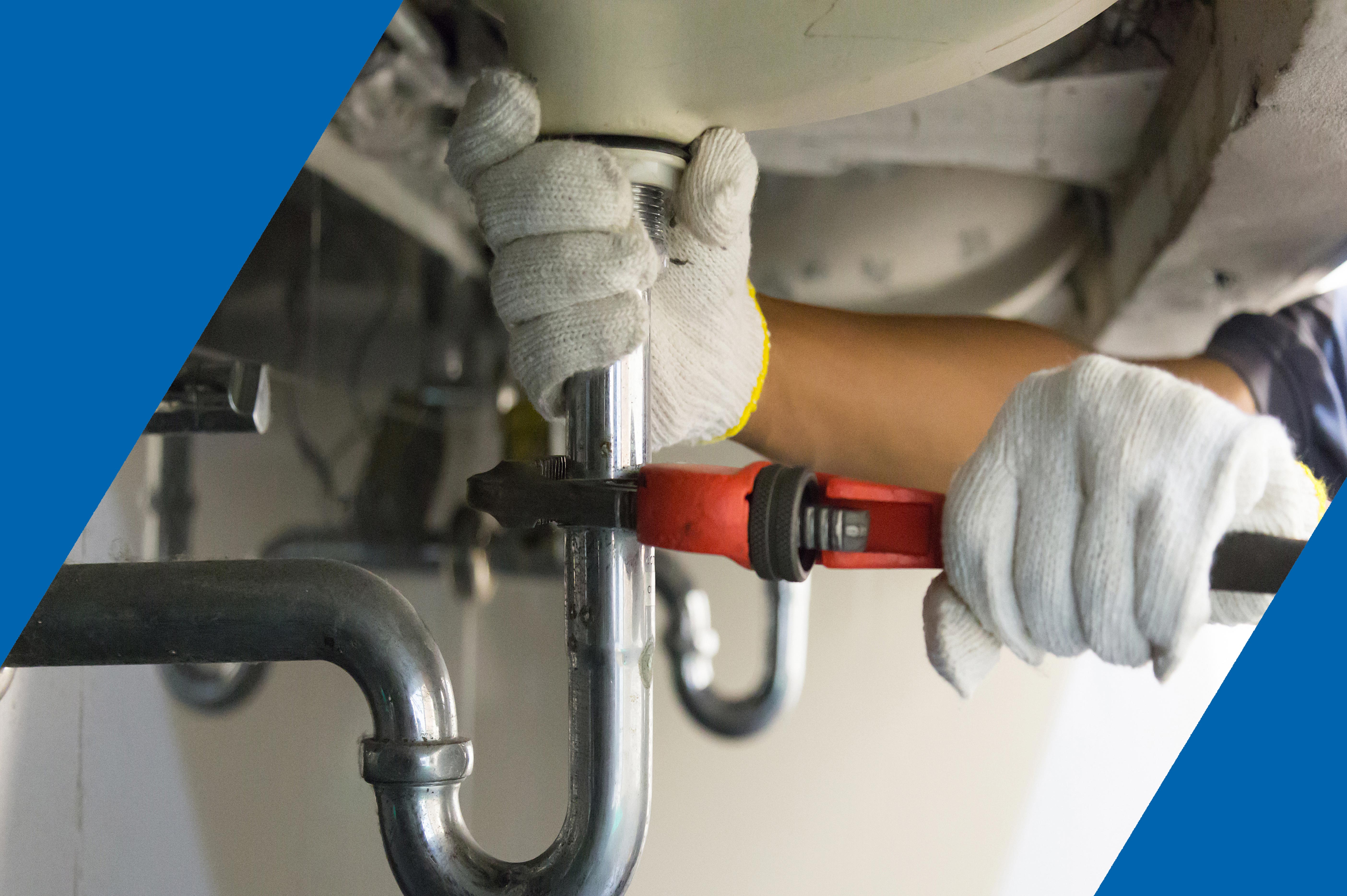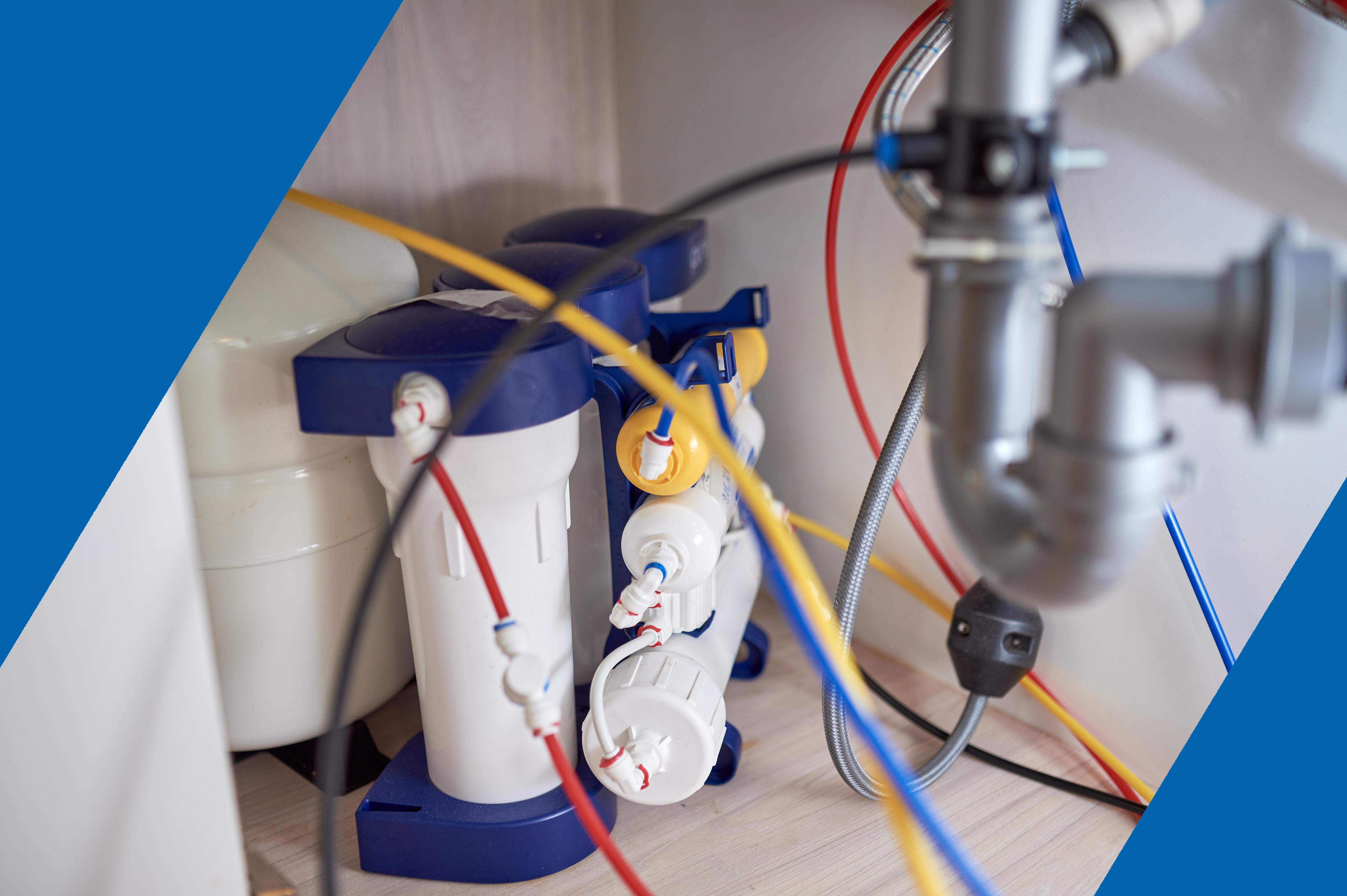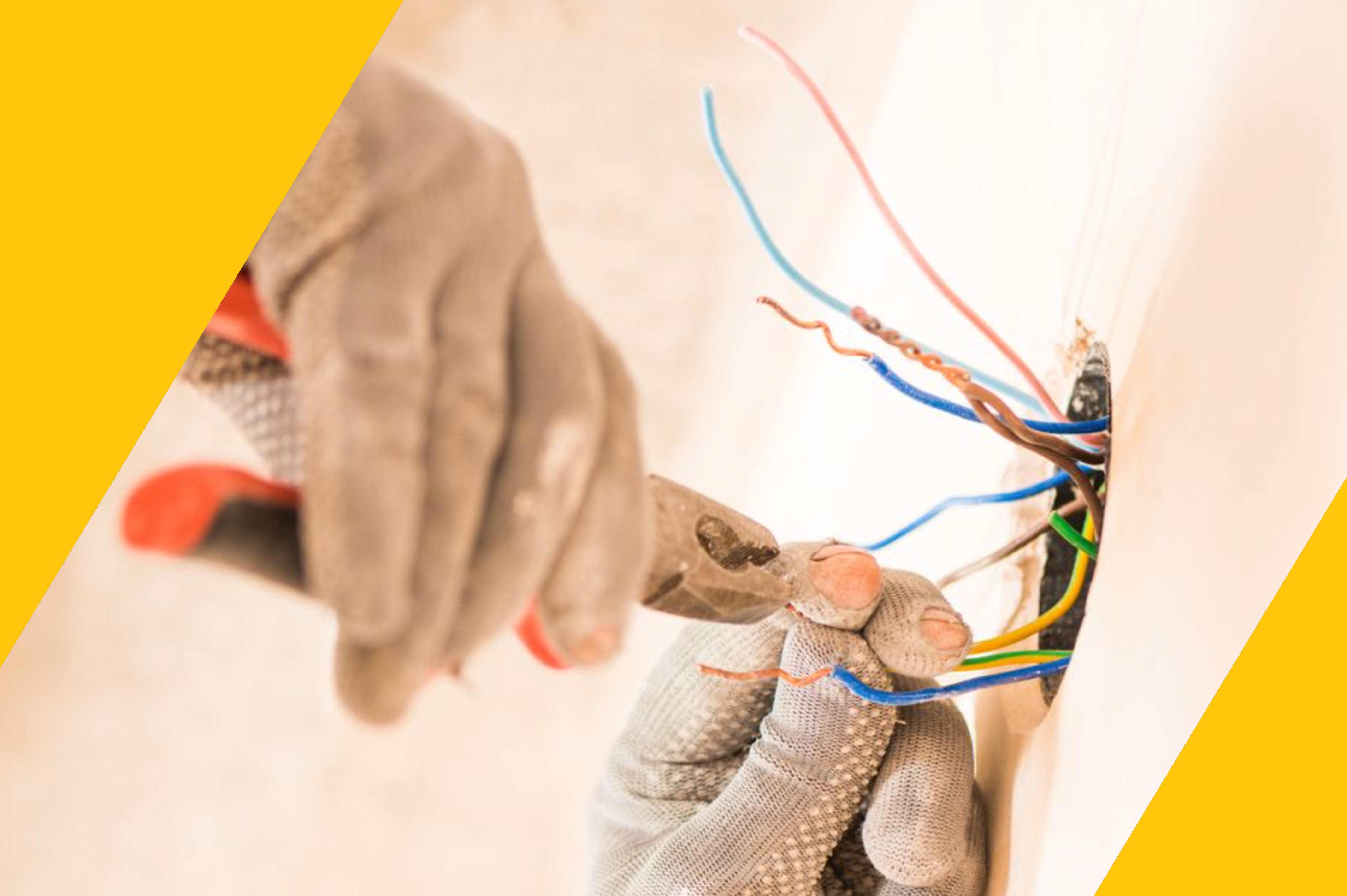Schedule Service
What if we told you there was a way to use the steady temperature of the earth to air condition or heat your home? Well, there is! Modern technology makes it easier than ever to heat and cool your home effectively while reducing the amount of energy used in the process.
If you’re interested in finding a new way to heat and cool your home with more efficiency than ever, consider geothermal system installation. Geothermal heat pumps offer many benefits, both environmental and economic, over other conventional home heating and cooling options. Air Mechanical is your best choice when you want to take advantage of geothermal heating and cooling in Minneapolis/St. Paul and the surrounding suburbs.
Learn more about the efficient and powerful effect of geothermal systems, for heating and cooling to last “For the life of your home.” Contact Air Mechanical, Inc. today!
The Power of Geothermal Heating and Cooling
Geothermal heat pumps have been used for decades. Like other heat pumps, geothermal systems can both heat and cool your home, and can even be set up to supply hot water to your home. Heat pumps do not consume fuel to heat and cool your home the way that more conventional home comfort systems do. They transfer ambient heat instead.
This means that on cold days the heat pump works to transfer heat (that stored in the ground with geothermal systems) indoors to heat your home. On hot days, the same system can work in reverse and remove excess heat from your home. Because geothermal systems use only a small amount of electricity in the heat transfer process and require no additional fuel source they are a very energy efficient method of heating and cooling your home.
Which Geothermal System Is Best for Your Home?
Geothermal heating and cooling systems use a ground loop to utilize ambient heat for use in your home. There are four main types of ground loops systems.
Closed loop systems circulate a liquid throughout a closed loop buried in the ground or submerged in water on your property. The heat is transferred between the refrigerant in the heat pump and the solution in this loop system.
Horizontal loop systems are usually the most cost effective geothermal heating and cooling installation option for residential use. Generally two pipes are buried in a trench or the pipes can be looped to fit into a shorter space.
Vertical loop systems use up less space than horizontal installations. Holes are drilled that are between 100 — 400 feet deep. Pipes are inserted and connected with a U–bend, forming a loop.
Pond or Lake systems, finally, may be the cheapest option if there is an appropriately sized body of water on the property. Coils of pipe are placed beneath the water below the freezing point and a supply line runs back to the house.
On the other hand, an open loop system uses water as the heat exchange fluid that directly circulates through the geothermal system. The water is returned to the ground after circulation. This type of system requires an adequate water supply to operate.
Why Choose Air Mechanical?
When it comes to choosing geothermal HVAC companies, no one has as much to offer as we do. Unlike many other geothermal HVAC contractors, we’re committed to employing only the most experienced and highly trained technicians in the area. This means you can be confident that the job will be done right the first time and optimized to deliver the maximum efficiency and performance from your new equipment. Additionally, as one of the few family-owned and operated geothermal installation companies serving the Twin Cities area, you can count on us to treat you right every step of the way.
We want you to know your options so that you can make an informed decision. Of course, our team is here to help with that. Contact us today!
Geothermal Heating FAQs
How does geothermal heating work?
Geothermal heating systems use the stable temperature of the ground to heat
your home. They circulate fluid through underground loops to transfer heat
into your home during winter and can reverse the process to provide cooling
in summer.
Is geothermal heating energy efficient?
Yes. Geothermal systems are among the most energy-efficient heating options
available. Because they transfer heat rather than generate it, they use
significantly less energy and can help lower long-term heating and cooling
costs.
Is geothermal heating a good option for my home?
Geothermal heating may be a great option depending on your property size,
soil conditions, energy goals, and budget. A professional assessment can
help determine if your home is suitable for a geothermal system and what
setup would work best.

